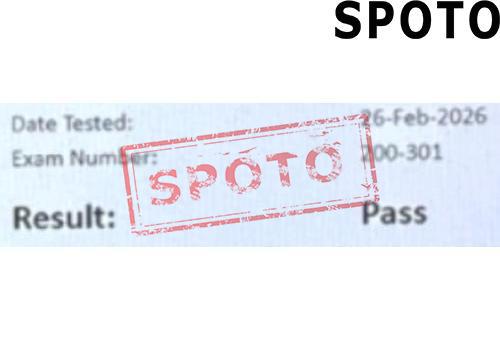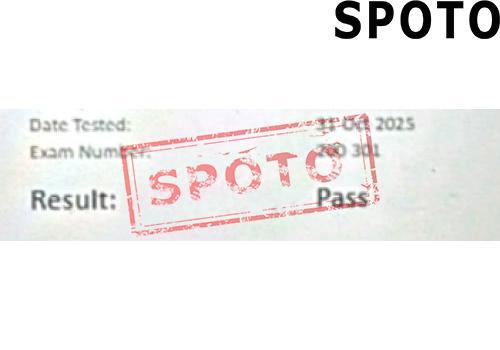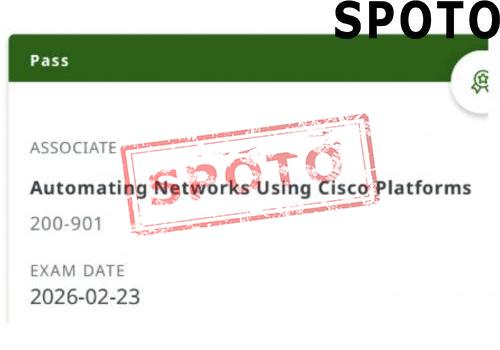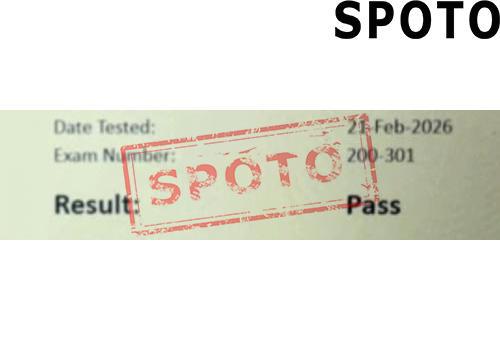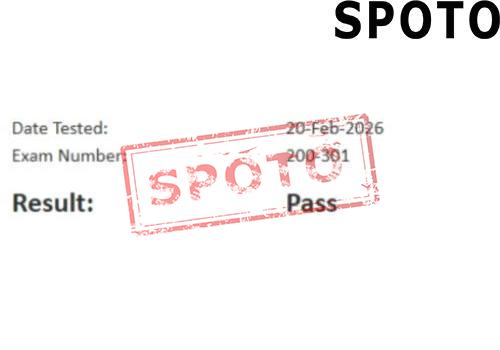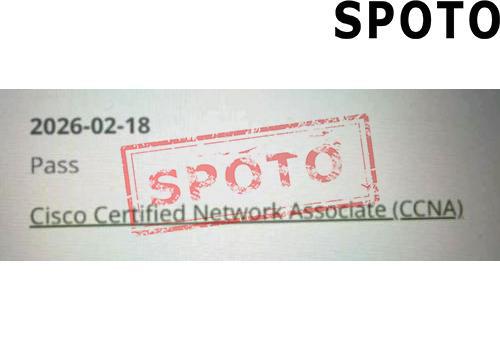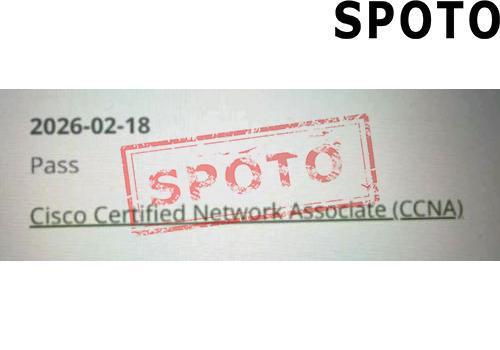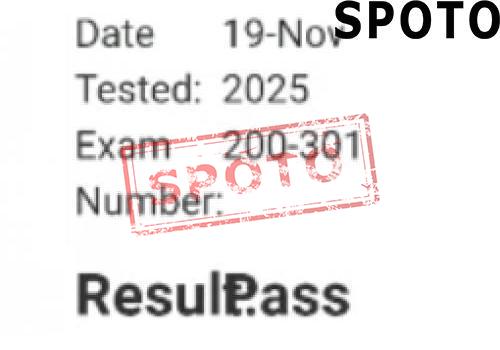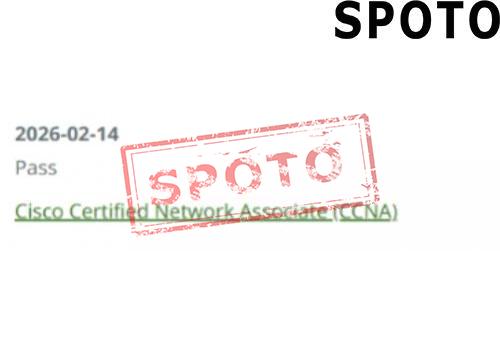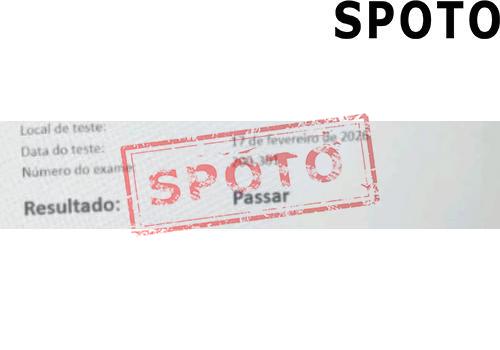
Networking and communications-related goods and services are Cisco Systems Inc.'s areas of expertise. The company's business routing and switching products, which route data, phone, and video traffic over international networks, are undoubtedly the most well-known ones. Nevertheless, Cisco also provides storage networking, software for unified communications, telepresence and collaboration (WebEx), and a variety of services ranging from straightforward product support to comprehensive options for managing data centers and the cloud.
The Cisco Career Certification program is comprehensive to guarantee that IT specialists possess the abilities and knowledge required to maintain Cisco products and address the diverse technological issues faced by clients. The progression starts at the entry-level, continues through the associate, professional, and expert levels, and (in some certification categories) ends at the architect level.
One or more credentials are available at each level. Passing one or more certification examinations is typically required to earn a credential. Pearson VUE administers the majority of Cisco examinations. Candidates must also demonstrate that they have the prerequisite qualifications for higher-level certificates. Further credentials and prerequisites are required to meet the requirements for certification at higher levels.
a description of the Cisco certification program
The following credentials are among the certifications offered by Cisco:
Cisco's certifications include those for entry-level networking technicians (CCENT), certified technicians (CCT), certified network associates (CCNA), certified design associates (CCDA), certified network professionals (CCNP), certified design professionals (CCDP), certified internetwork experts (CCIE), certified design experts (CCDE), and certified architects (CCA) (CCAr)
With Cisco's professional program, there are numerous certifications and career routes available. Yet, it covers both network operation and network design in its two primary directions. A common ladder for Cisco networking certifications starts with the entry-level CCENT certificate, progresses to the CCNA, then the CCNP, and ends with the CCIE. Instead, the design-oriented person can think of starting with the CCENT, progressing to the CCDA, the professional-level CCDP, and the CCDE, and concluding the program with the CCAr.
A variety of specialties are also offered under the Cisco Career Certification program. These credentials attest to an individual's proficiency in a particular Cisco technology, such as rich media, voicemail, messaging, or data center application services. The two main kinds of Cisco specialties are those geared toward technical professionals and those geared toward experts in digital transformation. Currently, IT professionals have a choice of 15 specialties within these two categories.
There are six subcategories of specializations available under the Technical Specialist category:
One or two exams must typically be passed to earn a specialized credential. Certain credentials also have requirements.
CCIE and specialist certificates are valid for two years, entry-, associate-, and professional-level credentials are good for three years, and the CCAr is valid for five years. Cisco-certified professionals must recertify every two years by passing a recertification exam or moving up in Cisco's certification hierarchy.
Cisco's foundational certifications
The Cisco Certified Entry Networking Technician (CCENT) and the Cisco Certified Technician are two certificates offered by Cisco (CCT). Candidates must pass a single exam to receive either the CCENT or CCT credential; neither credential has any requirements.
Small networks or a branch of a business network can be installed, maintained, and troubleshot by CCENT-trained specialists who also apply fundamental network security. For several associate-level CCNA solution track qualifications as well as the CCDA, the CCENT credential is a requirement.
CCTs work on-site with clients, analyzing problems and repairing or replacing network-related hardware. A CCT may select from many specialty tracks, some of which at the moment are Data Center and Routing and Switching.
Certificate Tests Quantity of Questions Time Required: 45–55 Minutes to Finish CCENT 100–105 ICND1 DCTECH 65-75 90 minutes CCT Data Center 010-151 RSTECH 60–70 90 minutes CCT Routing and Switching 640–692.
associate-level Cisco certifications
The Cisco Certified Network Associate (CCNA) and Cisco Certified Design Associate are among Cisco's associate-level qualifications (CCDA). Depending on which certification route you choose, passing one or two examinations is required to obtain a CCNA or CCDA credential.
Basic knowledge of setting up, maintaining, and troubleshooting wired and/or wireless networks is recognized by the CCNA. Tracks like Cloud, Collaboration, Cyber Ops, Data Center, Industrial, Routing and Switching, Security, Service Provider, and Wireless are available for selection. The professional-level CCNP certification requires the CCNA as a prerequisite. The number of tests needed for the CCNA varies depending on the solution track selected, as do the prerequisites. Both one and two exams are necessary for every solution track.
To find people who can build fundamental wired and wireless networks and include voice and security solutions, Cisco developed the CCDA. The CCDA certification is a requirement for the CCDP certification. Candidates need to pass one more exam in addition to having either a current CCENT, CCNA Routing and Switching (or any other CCIE certification) certification.
Certifications at the professional level from Cisco
Two main programs make up Cisco's professional-level certifications: Cisco Certified Network Professional (CCNP) and Cisco Certified Design Professional (CCDP). The CCDA and CCNA Routing and Switching credentials, as well as any Cisco CCIE or CCDE certification, are required for the CCDP. Three certification tests must also be passed.
![]()
Candidates must pass four tests to qualify for any CCNP solution track other than Routing and Switching. The CCNP: Routing and Switching certification only calls for three tests. All CCNP solution paths require either the entry-level CCNA certification or a CCIE certification. The prerequisite for the CCNP: Service Provider credential is likewise the Cisco Certified Internet Professional (CCIP) credential (which retired in 2012).
The CCNP credential honors experts in the local and wide area network planning, deployment, and troubleshooting. The CCNP tracks are identical to the CCNA tracks except for Industrial and Cyber Operations, which are not available in the CCNP track. It is advised that CCNPs advance to the Cisco Certified Internetwork Expert certification, which is the next step on the certification ladder.
The CCDP measures competence in developing and deploying multilayer switched networks and scalable networks. You can go from the CCDP to the Cisco Certified Design Expert.
Cisco's certifications at the expert level
The coveted Cisco Certified Internetwork Expert (CCIE) and the Cisco Certified Design Expert are the two main expert-level qualifications offered by Cisco (CCDE). Both certifications require passing demanding practical exams in addition to written exams; neither certification has any prerequisites.
As of July 2016, Cisco upgraded its expert-level exams to add a domain for developing technologies. This new domain, which targets the cloud, network programmability, and the Internet of Things, contributes 10% to the final exam score. When new technologies attain a level of commercial traction, potential, and presence that makes them exam-worthy, Cisco may alter the topics covered in this domain to reflect those developments. The organization defines this technique as a way to assist in future-proof its certificates so that employers may presume that persons who possess current qualifications are also knowledgeable about crucial new networking technology.
Getting the CCIE is a career high point for many network-track professionals. A CCIE possesses in-depth technical expertise in one of the CCIE technical tracks, which at the moment includes Collaboration, Data Center, Routing and Switching, Security, Service Provider, and Wireless.
The CCDE recognizes professionals that create infrastructure solutions for large enterprise contexts, taking into account projects' technological, operational, business, and financial aspects.
Cisco's certifications for architects
A wise choice is to obtain the Cisco Certified Architect (CCAr) certification if you're interested in jobs as a network architect or data center architect. The highest degree of certification that Cisco offers is the CCAr, which is akin to a Ph.D. in the context of career certification. This certification attests to a senior network infrastructure architect's abilities to plan and create IT infrastructures following business strategies. The most challenging tech certification, in the opinion of many, is the CCAr.
For the CCDE certification, you must create a network solution to implement a given strategy and then defend that solution in front of a panel that has been assembled by Cisco.
occupations and jobs related to
Whether you're interested in a career in network operations or network design, Cisco certifications are ideally suited to help IT professionals get ready for a range of Cisco-related job responsibilities. There are many job prospects for qualified Cisco experts, regardless of your career path of choice. There were between 7,500 and 9,500 job listings for Cisco CCNA professionals on the two well-known job boards SimplyHired and Indeed.
Depending on things like experience and if you're interested in network operations or network design, there are different job options. The following list, which is undoubtedly not complete, outlines some typical work options by certification:
Roles at the service desk or as a technician
Engineering (field, network, or application support) or systems administrator
Network and telecommunications engineers, technicians, and analysts can all earn the CCNA certification (network, network operations center)
Engineers (network, system, design, lead), analysts (interface), interface developers, or technical specialists are all members of the CCDA.
CCNP: Roles at the senior level, include network administrator, engineer (support, network), and advanced technician.
Senior-level positions include network designers, senior analysts, senior network design engineers, and senior cyber protection analysts.
CCIE: Expert-level positions such as senior network administrator, network architect, or engineer (lead, systems, network).
CCDE: Roles at the expert level, such as systems engineer, senior network engineer, network architect, network design engineer, or team leader for IT infrastructure

